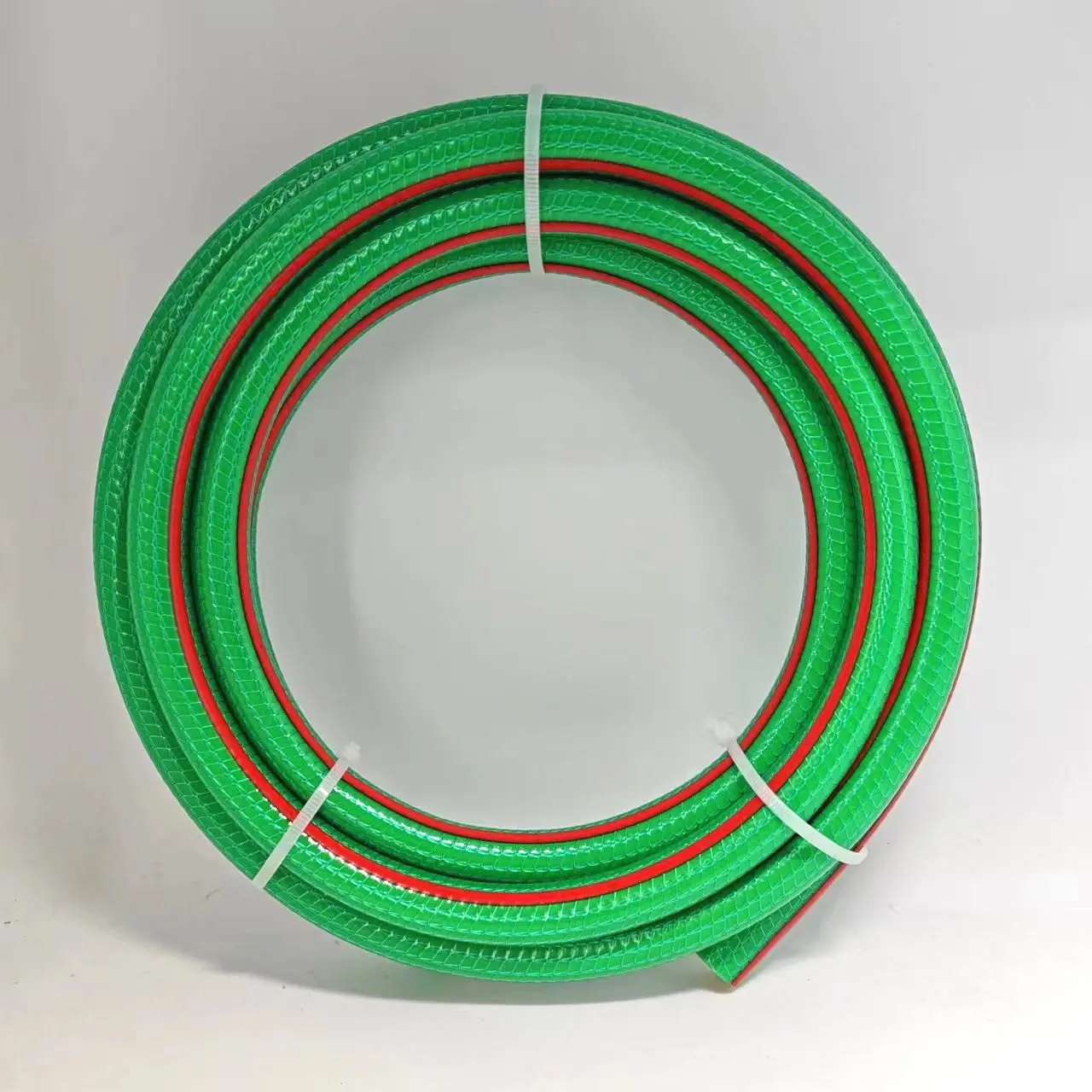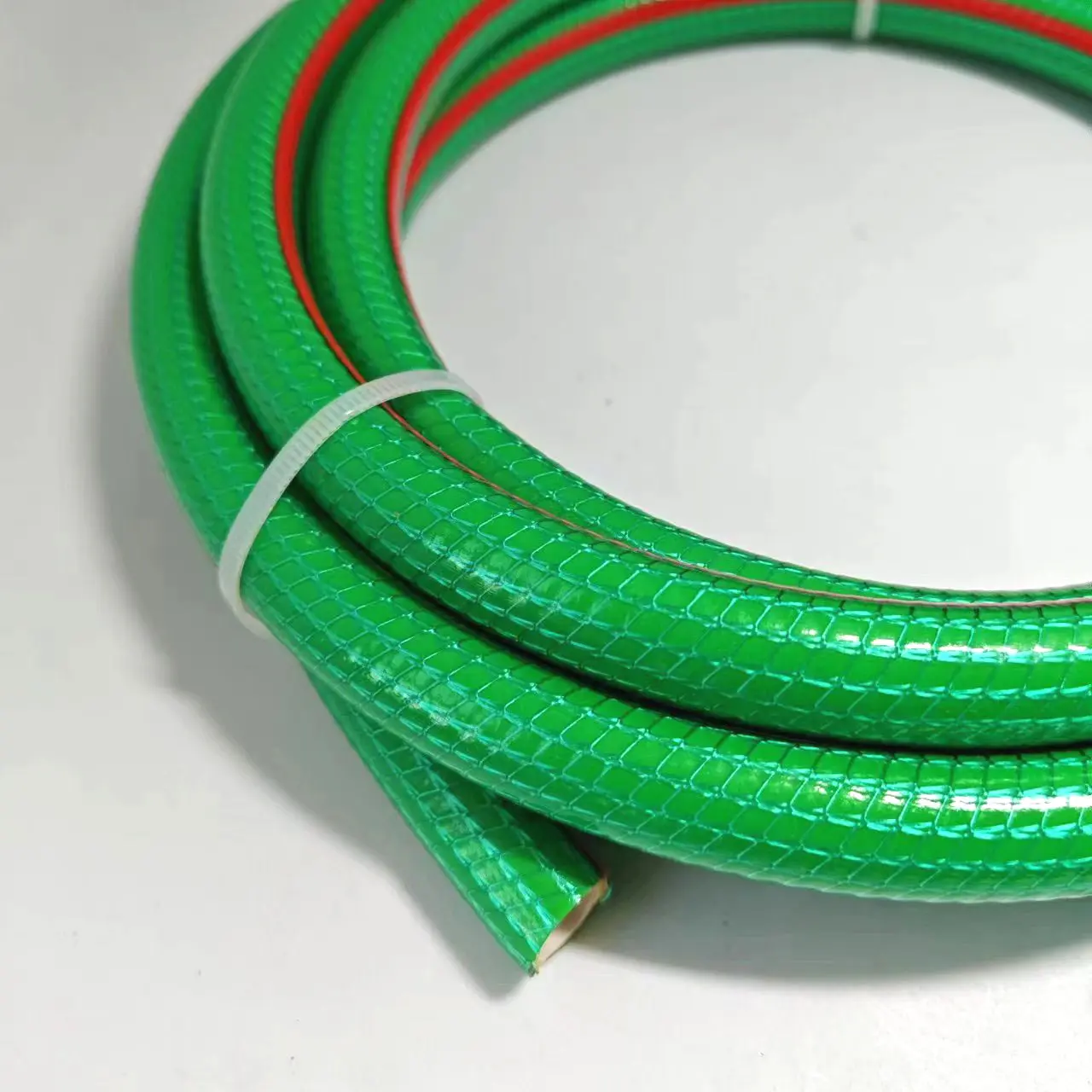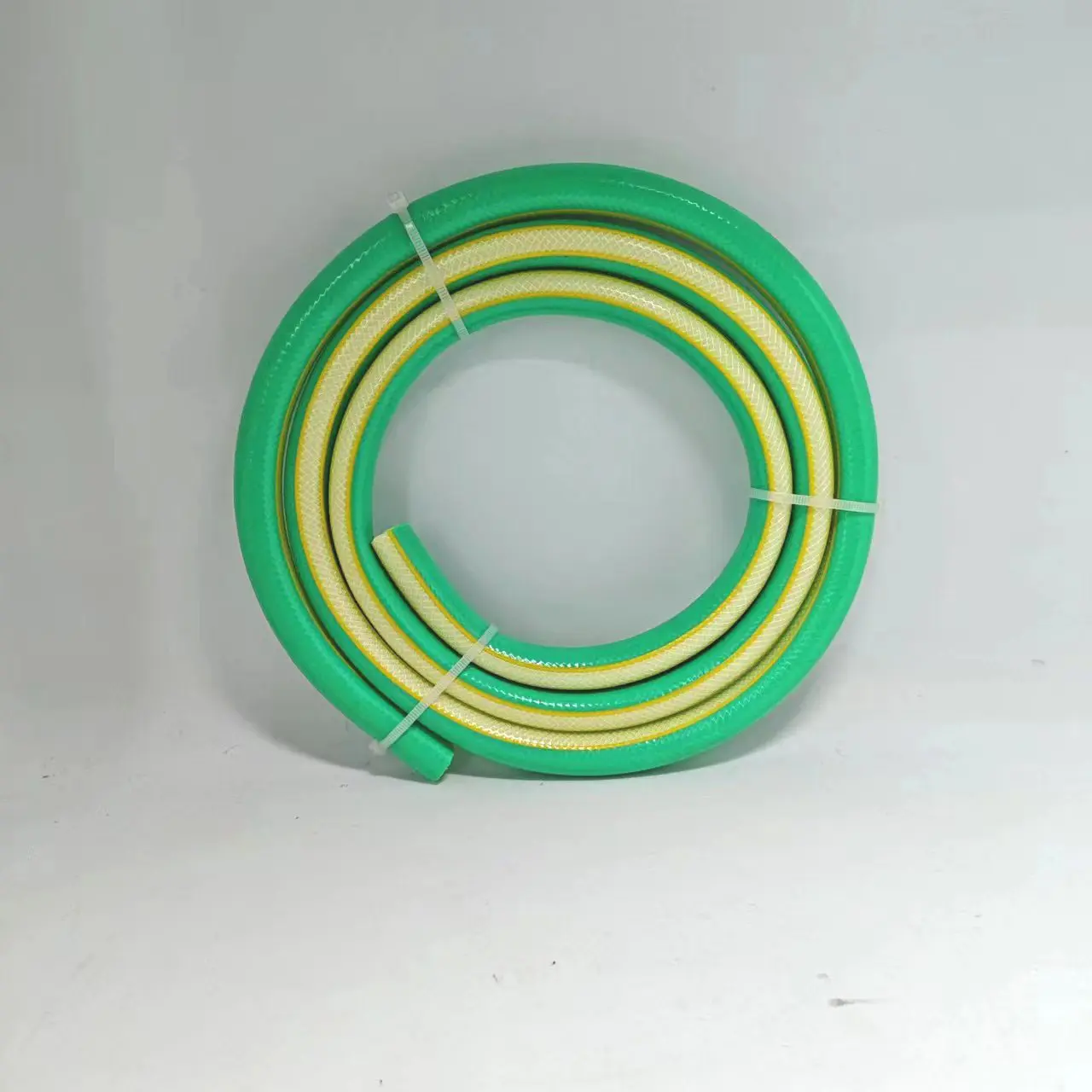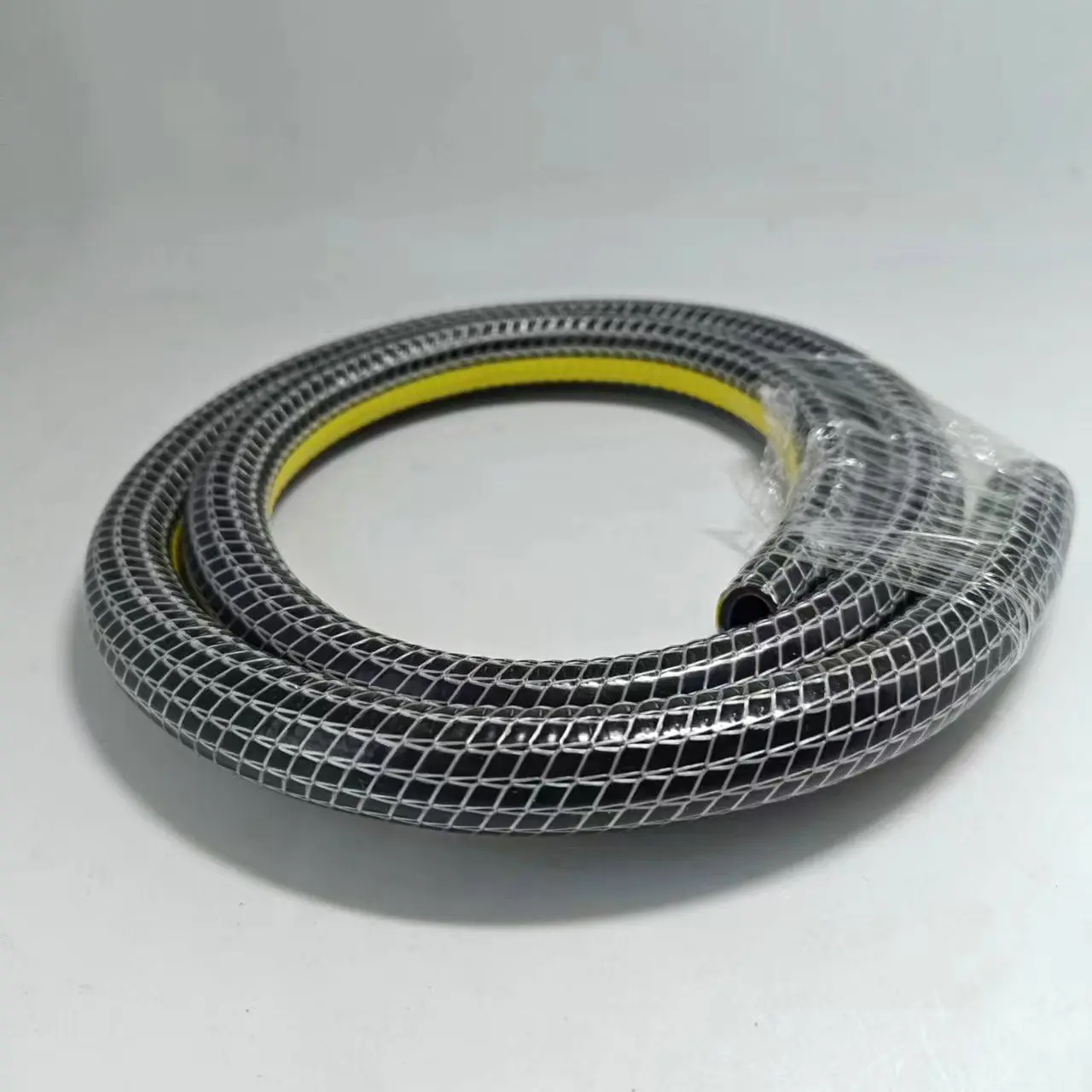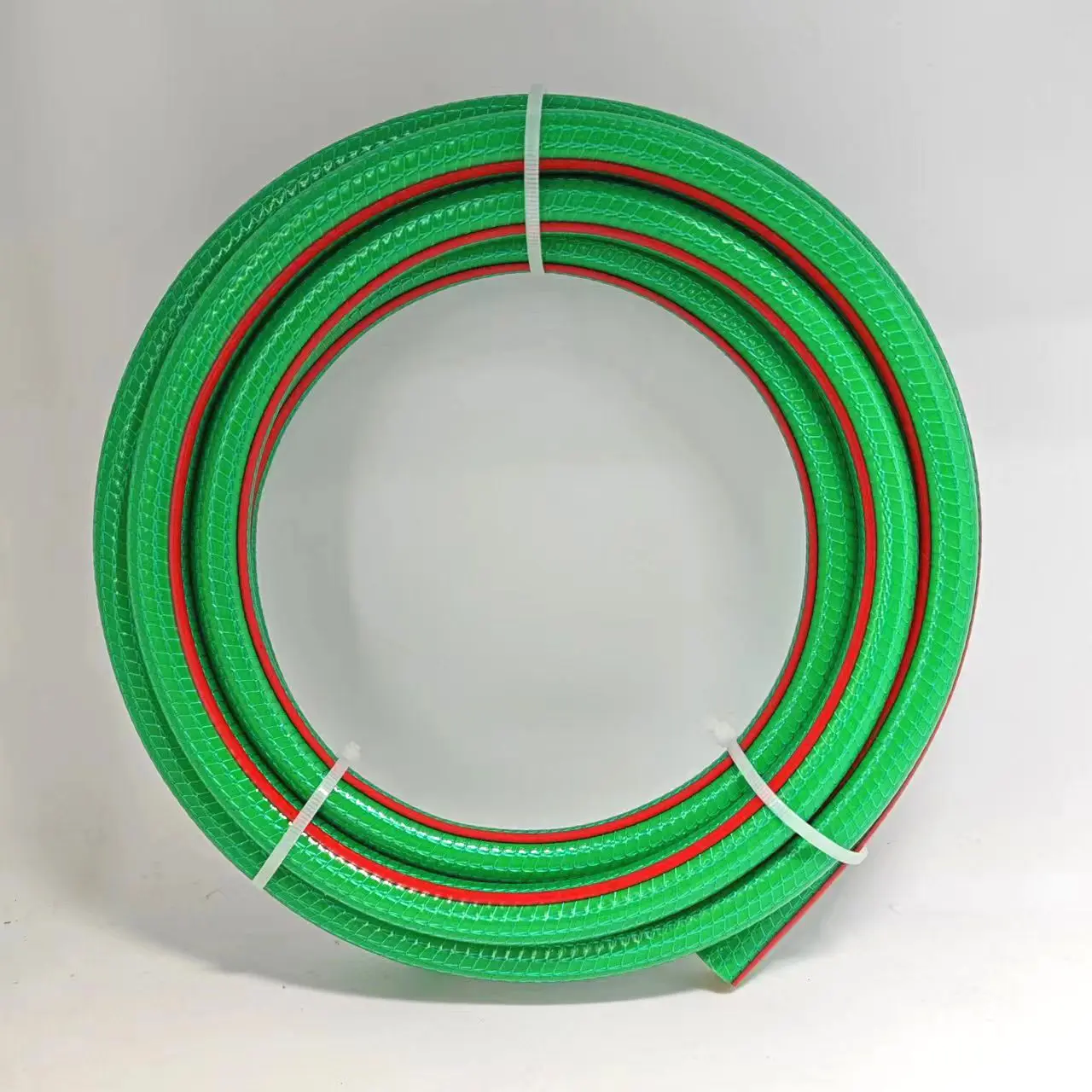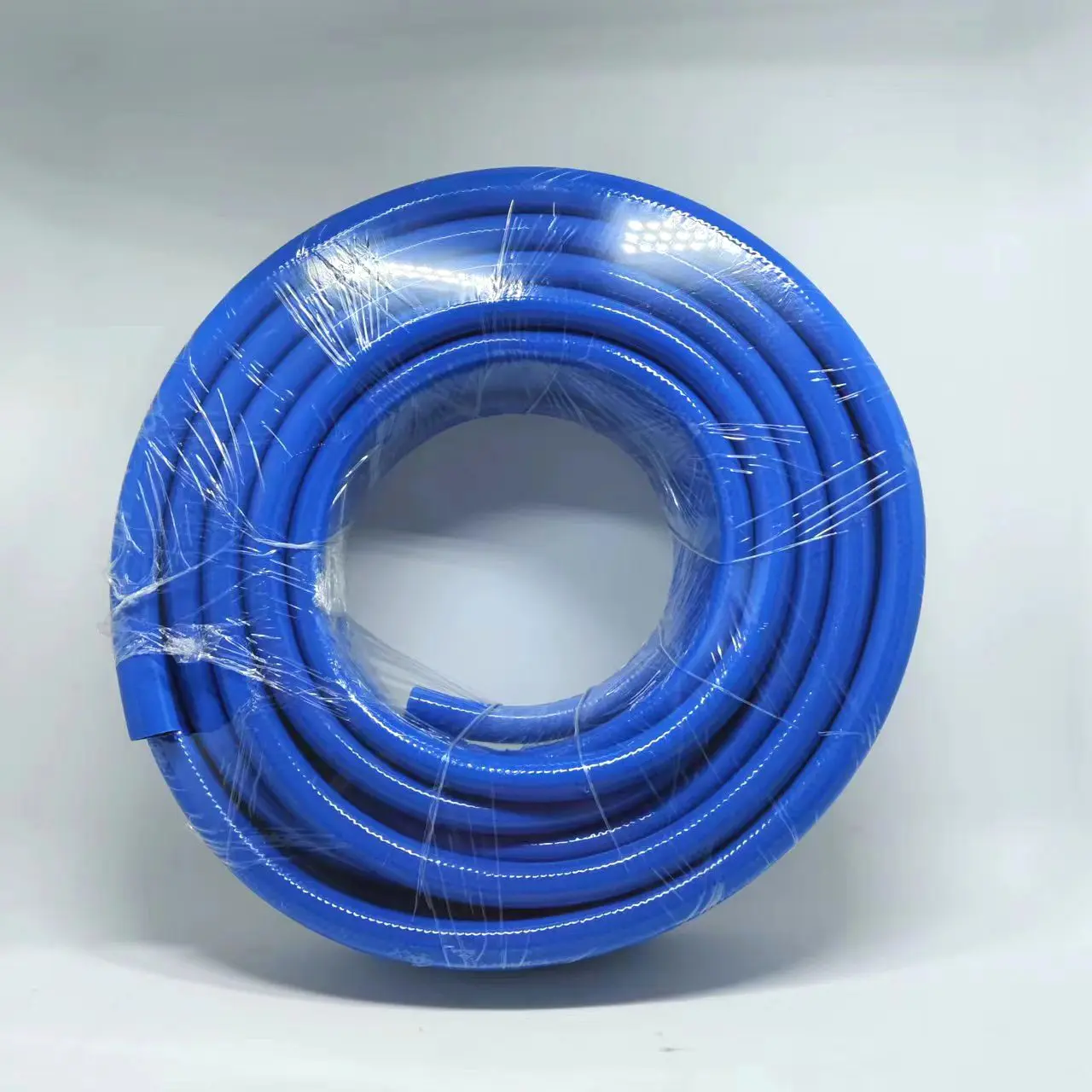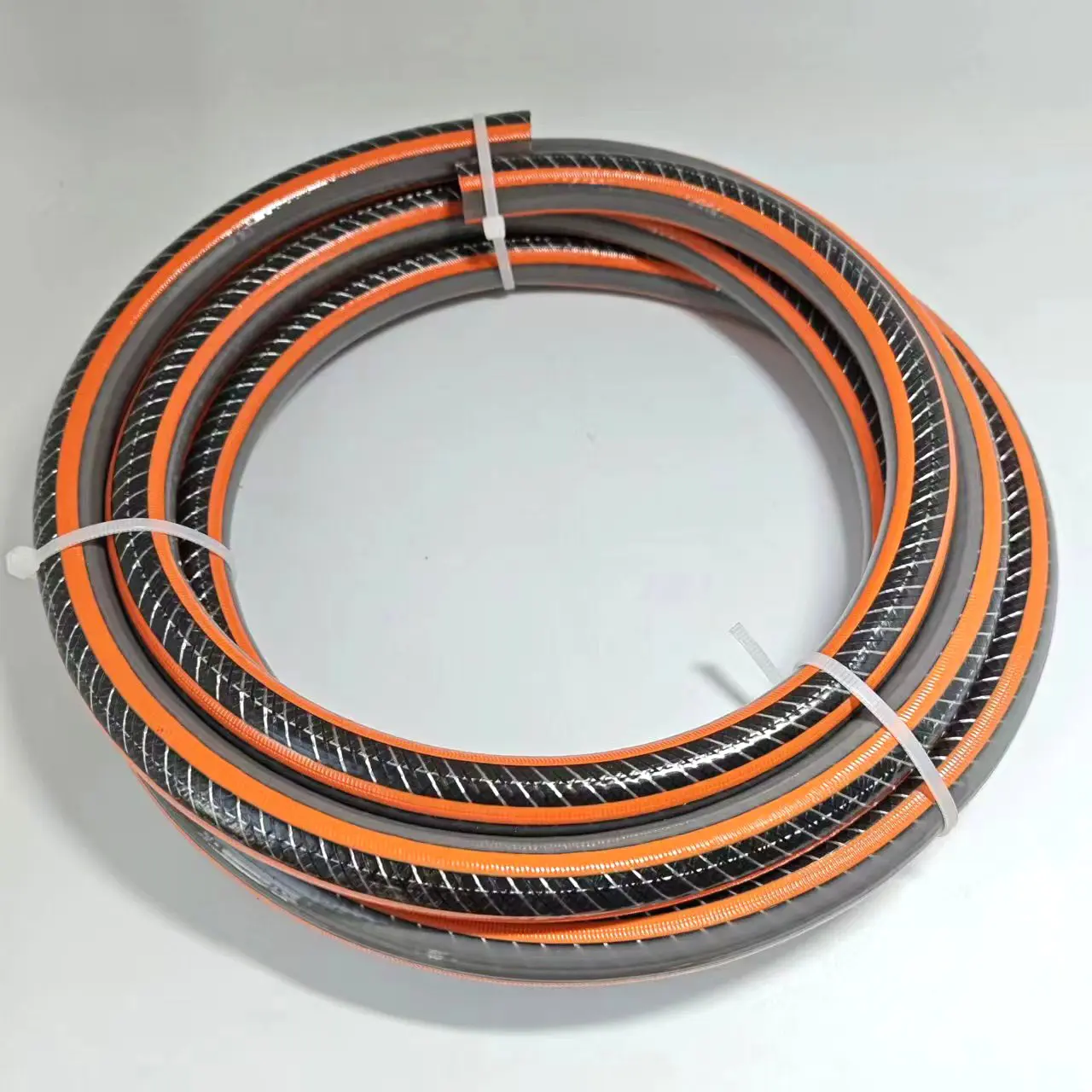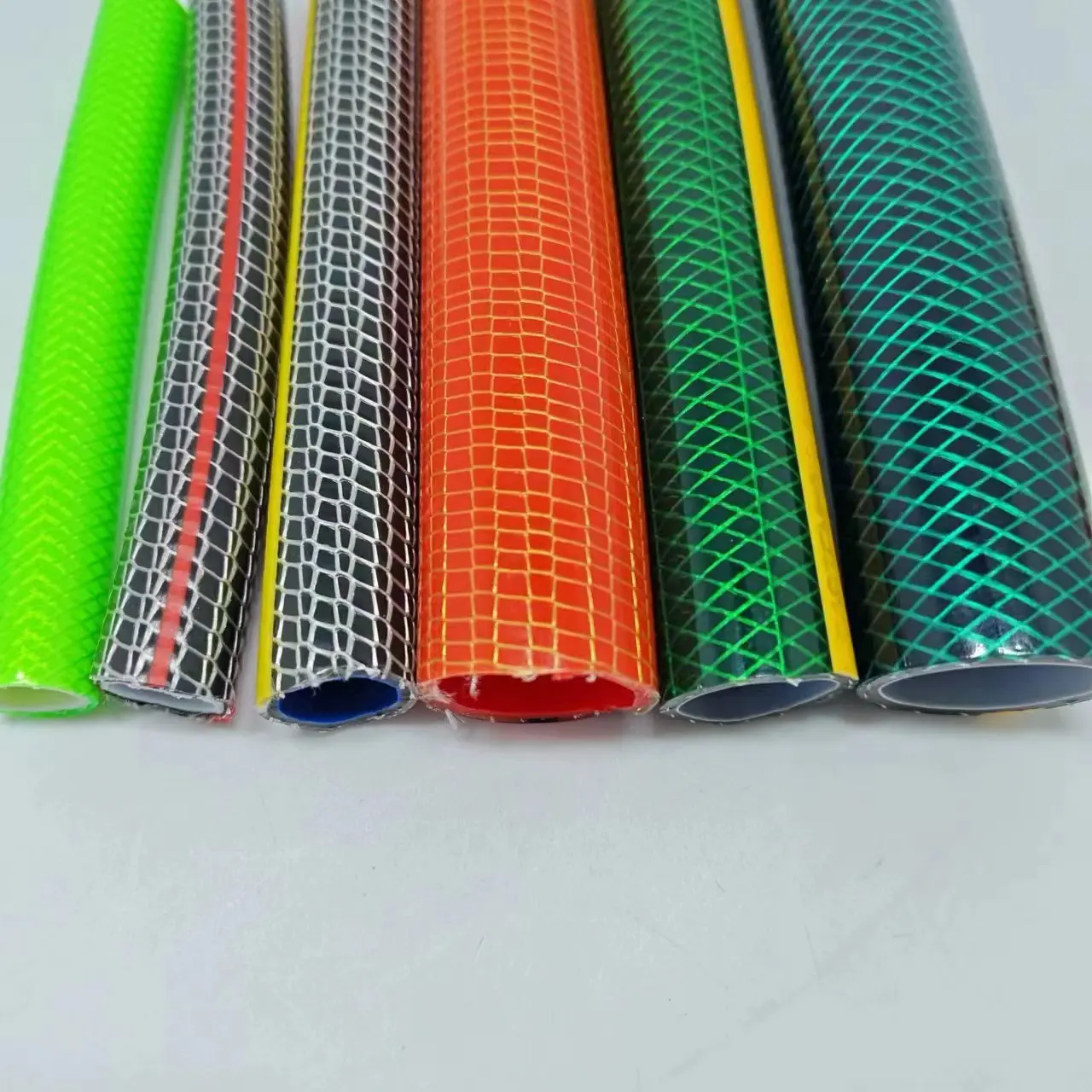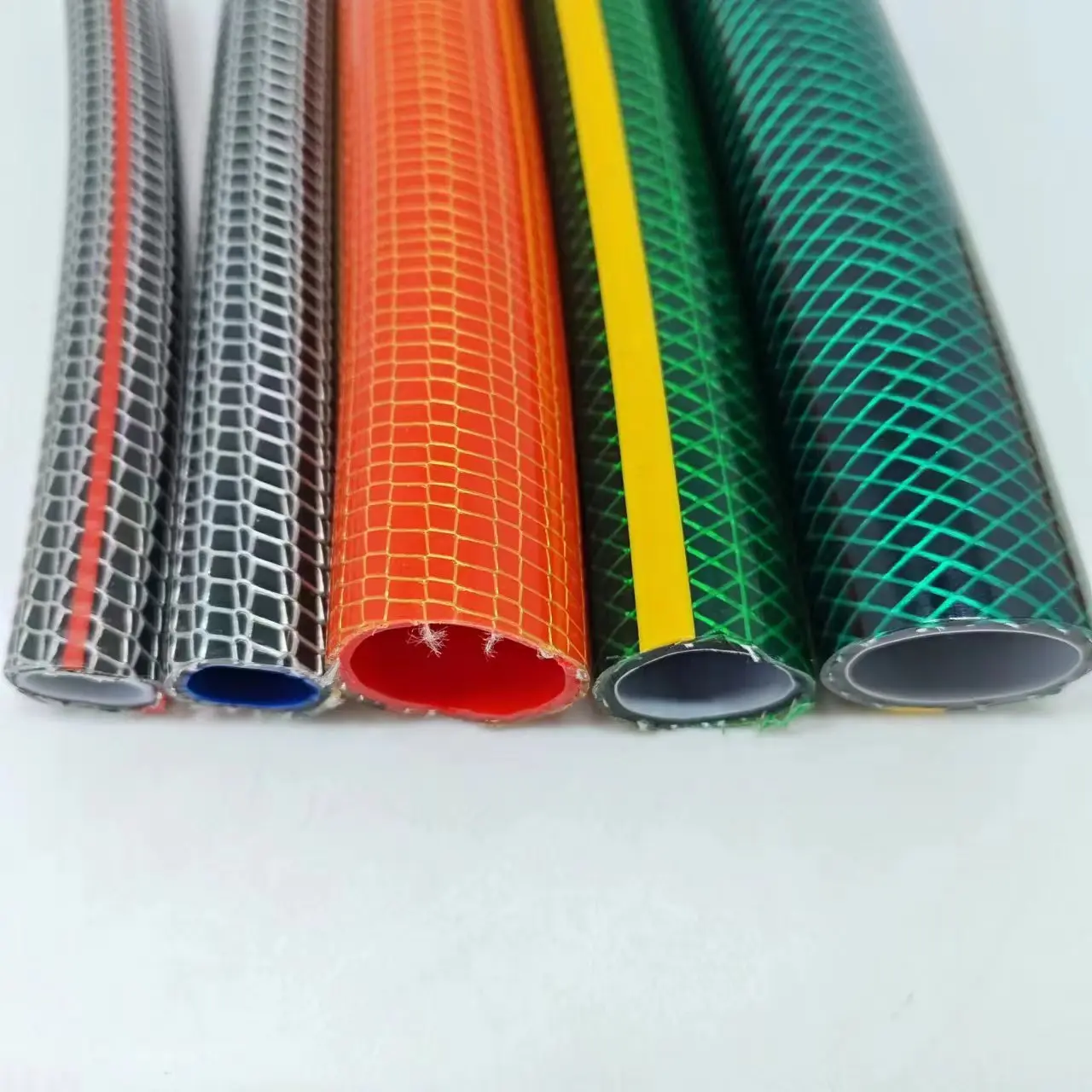Introduction to PVC Garden Hose
PVC garden hoses have become essential tools for residential and commercial gardening across Brazil. These flexible tubes, made from polyvinyl chloride, offer practical water delivery solutions for various outdoor applications. In Brazil's diverse climate zones - from the tropical north to the more temperate south - PVC hoses provide reliable performance for everyday watering needs.
The Brazilian preference for PVC garden hoses stems from their balance of affordability and functionality. Unlike more expensive rubber alternatives, PVC hoses meet the basic requirements of most Brazilian gardeners while keeping costs manageable. The material's inherent flexibility makes these hoses easy to maneuver around gardens, patios, and outdoor spaces, a particularly valuable feature in Brazil's urban areas where outdoor spaces are often compact.
What distinguishes PVC hoses in the Brazilian context is their suitability for the country's water quality. Most Brazilian municipal water systems provide water that works well with PVC materials, without causing premature degradation. The hoses' lightweight nature also makes them practical for Brazil's multi-level residential buildings, where gardeners often need to carry hoses up and down stairs or across balconies.
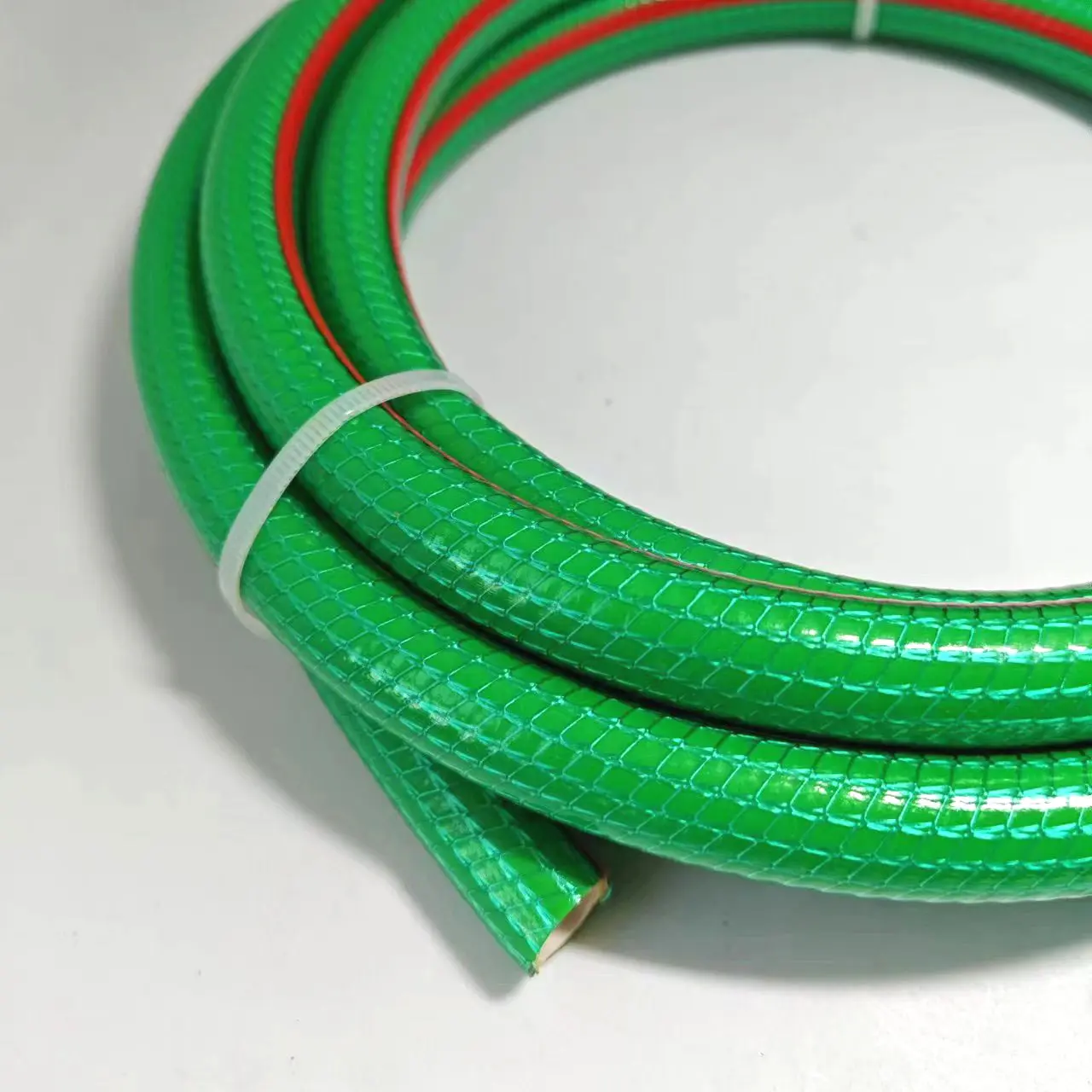
Primary Uses in Brazilian Households and Businesses
Residential Gardening Applications
Watering flower beds and ornamental plants that decorate Brazilian courtyards
Maintaining small vegetable gardens that have become popular in urban areas
Cleaning outdoor areas like patios and driveways in residential properties
Commercial and Municipal Uses
Hotel and resort landscaping across Brazil's extensive hospitality industry
Maintenance of public parks and green spaces in Brazilian cities
Small-scale agricultural operations, particularly in family-run farms
Specialized Applications
Temporary water supply during construction projects
Mobile car washing services common in urban centers
Pet care facilities for outdoor cleaning purposes
The versatility of PVC hoses matches well with Brazil's outdoor lifestyle, where gardening and outdoor maintenance are year-round activities in most regions. Their ease of storage makes them particularly suitable for Brazilian homes where storage space is often limited.
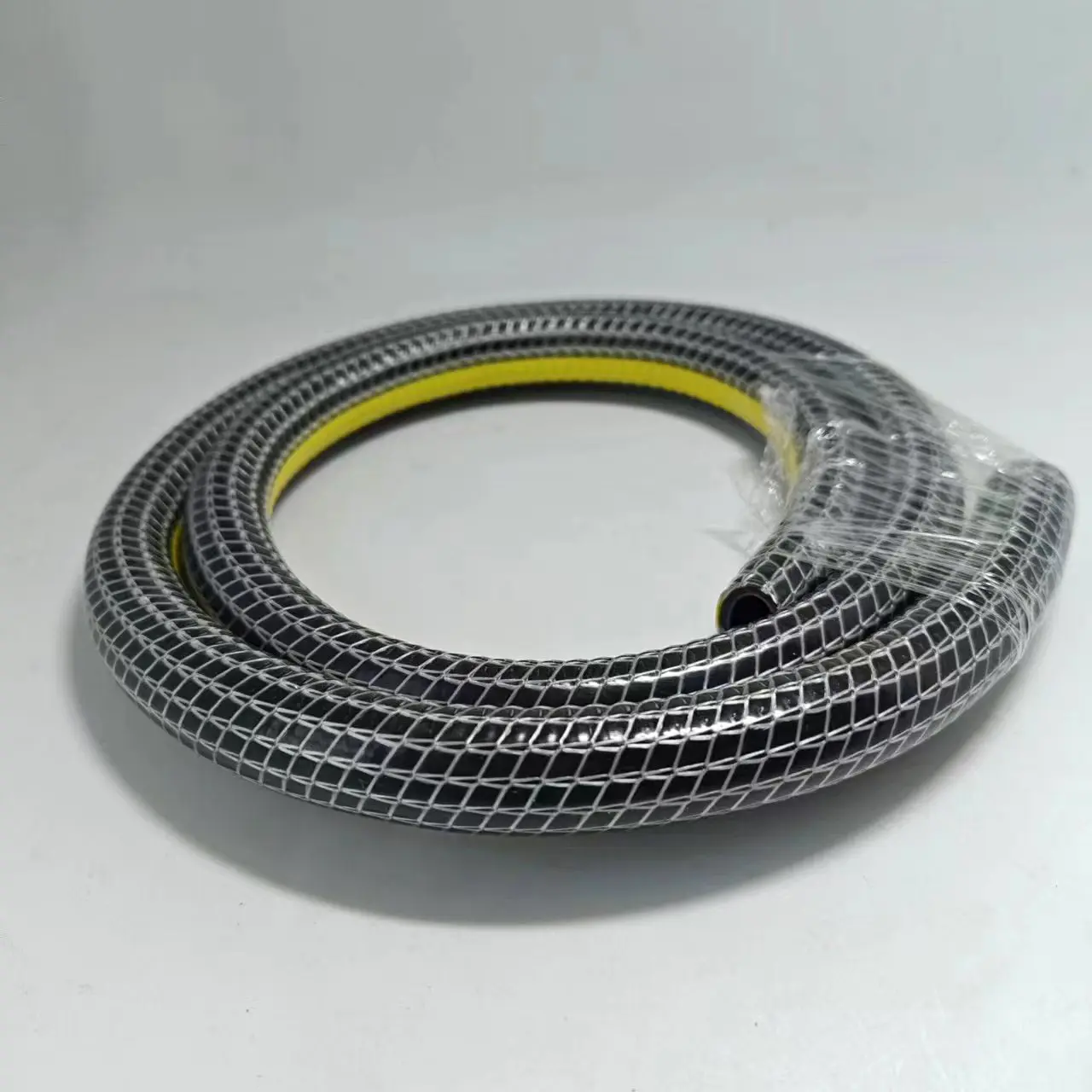
Why Brazil Imports PVC Garden Hoses from China
Brazil's significant imports of PVC garden hoses from China stem from several practical economic factors. Chinese manufacturers offer cost advantages that Brazilian domestic producers struggle to match, primarily due to differences in production scale and supply chain efficiency. The complete industrial ecosystem for PVC products in China allows for more competitive pricing throughout the production process.
Quality consistency is another key factor. Chinese manufacturers have refined their PVC hose production to meet international standards, offering Brazilian importers reliable products at various price points. This consistency is particularly important for Brazilian distributors who need to maintain steady quality across multiple shipments.
The Brazilian climate plays a role in this trade dynamic as well. China's manufacturing capabilities include producing hoses suitable for Brazil's varied weather conditions - from the humid Amazon region to the drier northeast. Chinese factories can quickly adapt hose specifications to different Brazilian regional needs without significant cost increases.
Key Features Brazilian Buyers Consider
| Feature | Importance in Brazilian Market |
|---|---|
| Flexibility | Crucial for maneuvering in tight urban spaces and around garden obstacles |
| Kink Resistance | Important for preventing water flow interruptions during use |
| UV Protection | Essential for durability under Brazil's strong sunlight |
| Coupling Quality | Determines long-term leak prevention and connection security |
| Weight | Lightweight hoses preferred for easy handling and storage |
| Color Options | Darker colors favored for their dirt-hiding properties |
Brazilian buyers particularly value hoses that maintain flexibility in various temperatures, as some regions experience cool winter nights despite overall warm climates. The quality of fittings receives special attention because hard water in some Brazilian areas can cause mineral buildup at connection points.
Storage convenience ranks high in purchase decisions, as many Brazilian users need to store hoses daily to prevent theft in urban areas. This makes collapsible or easily coiled designs particularly appealing in the market.
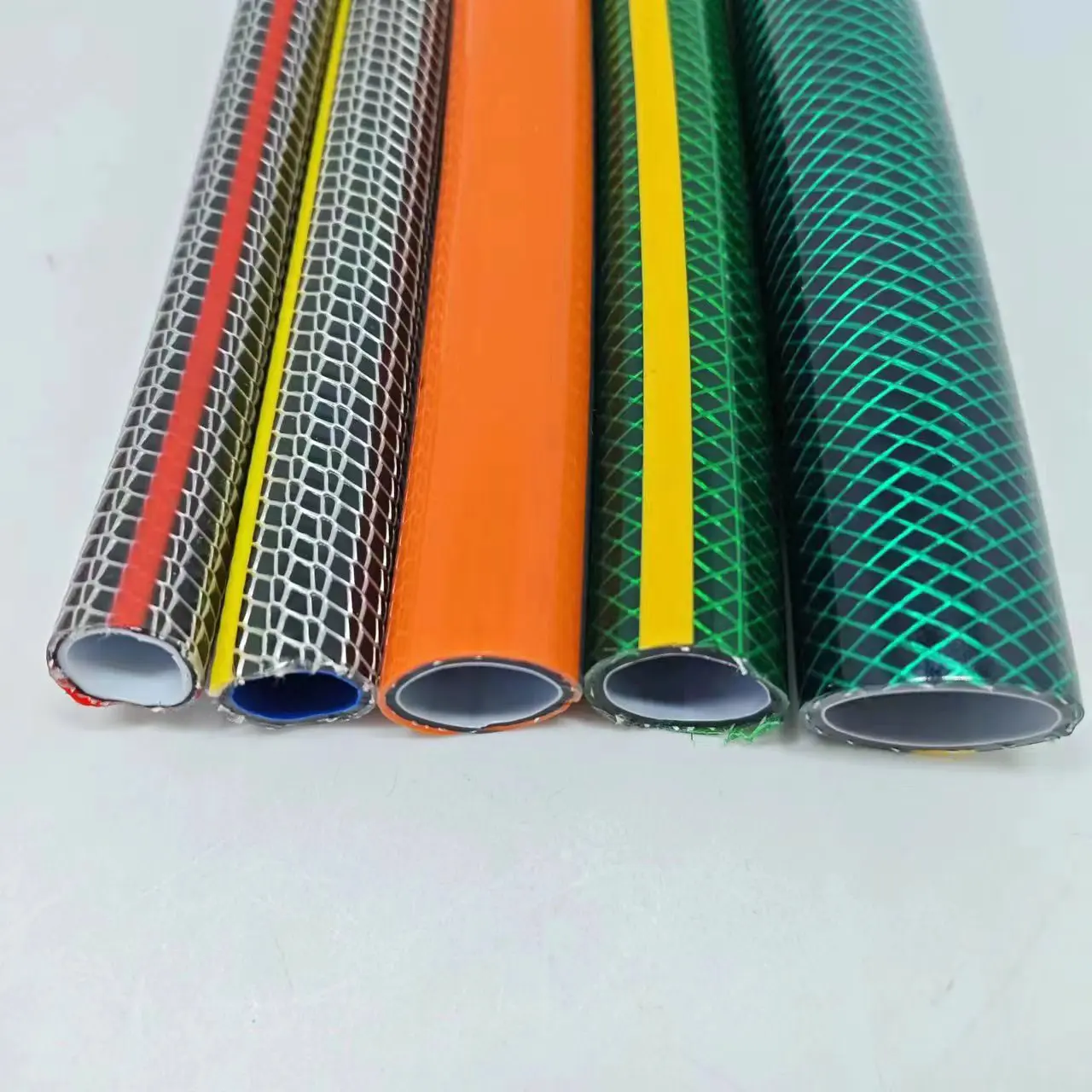
Maintenance Practices in Brazilian Conditions
After-Use Care
Brazilian users benefit from completely draining hoses after each use to prevent internal moisture buildup that can lead to mildew growth in humid regions. Regular flushing helps remove mineral deposits from Brazil's often hard water.
Storage Methods
Optimal storage varies by region:
In coastal areas with salt air: Indoor storage prevents corrosion of metal fittings
In sunny regions: Storage in shaded areas protects against UV degradation
In rainy areas: Elevated storage prevents contact with damp ground
Seasonal Considerations
During Brazil's rainy seasons (which vary by region), more frequent inspection for mold or mildew is advisable. In drier periods, checking for cracking becomes more important.
Connection Maintenance
Applying food-grade lubricants to threaded connections helps combat the mineral buildup common in many Brazilian water supplies. Regular inspection of washers and gaskets prevents leaks that can waste water - an important consideration in drought-prone areas.
Cleaning Techniques
For hoses used with fertilizers or pesticides (common in Brazilian gardening), thorough flushing with clean water prevents chemical residue accumulation that could degrade the PVC material over time.
